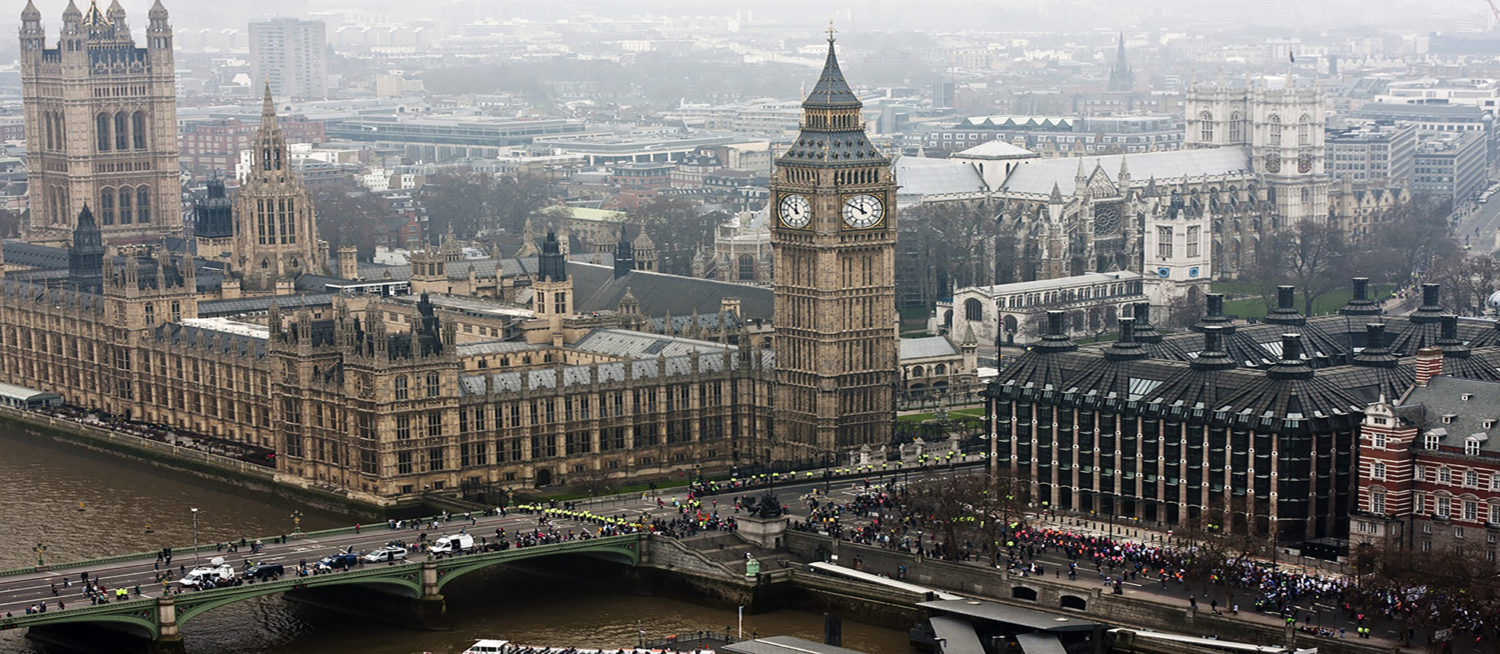Remaining radical in power
Inertia, inexperience and insularity are the enemy of radical government. Paul Mason has 10 suggestions for delivering change in power.
Suppose there is a snap election before, or just after, Brexit day? Barring unforeseen circumstances, Labour would go into that election as the biggest and most radically left-wing socialist party in Europe. But it would face obstacles.
Last year John McDonnell pledged to “wargame” the markets’ reaction to Labour’s first days in office. But the enemy of radicalism in politics is not only financial market reaction but also inertia, tradition, lack of competence, insufficient leadership skill and, for Labour, a tradition of micromanagement and centralisation going back to the Blair years.
And on top of that there is the media. Every day in office will be presented as an existential crisis for the British democracy.
With this in mind, having covered the first days of beleaguered radical governments in both Greece and Bolivia, I would offer the following 10 suggestions:
1. Prepare assiduously. Preparation does not mean simply knowing what’s going to be in the first Queen’s speech, who’s going to be a minister, and who’ll advise them. It means knowing what you are going to do in the first minute after the Labour leader is summoned to Buckingham Palace; and in the hour after that and the following weekend.
2. Prioritise and focus. Elections, especially when fought on 20,000 word manifestos and with politically diverse front bench teams, tend to reinforce the belief that politics is about a wide range of issues, beliefs, and promises. But governing is about getting a few important things done, quickly and competently. This is especially true for a left-wing government coming to power potentially in a moment of instability. In the run up to the Queen’s speech, the first week of a Labour government should be devoted to clear executive action on the burning needs and wrongs that have propelled the party to power. The appointment of a “shadow” National Investment Bank board, a new remit for the Bank of England and a clear statement of ethical foreign policy, together with the cancellation of all further outsourcing contracts from the NHS, should be enough to get the ball rolling.
3. Avoid “machinery of government” changes. There is a lot wrong with the current structure of Whitehall, but that is not the main thing that will stand in the way of implementing a radical Labour manifesto. Inventing new ministries, merging them or shunting responsibilities from one to another is an invitation to civil servants to spend time not implementing the programme, and to ministerial teams to spend time rearranging the furniture. Such changes should be done mid-term, if necessary at all. Use the state machine as it exists, not as you would like to tweak it.
4. Reassure the conservative half of Britain. If Labour comes to power, it will face one of the most divided electorates in modern history. When Boris Johnson won the Mayoral election in 2008 he told London voters: “I do not for one minute believe that this election shows that London has been transformed overnight into a Conservative city”. That was well advised. To the hardened Brexiteers, and to the worried centrists, and above all to the fear-ridden establishment, Jeremy Corbyn should deliver a message along similar lines: “we know Britain is not a left wing country, but the philosophy of economic cruelty has failed and we want to build a new consensus of the left and right around a different model. Give us time. We will respect the institutions, the culture and traditions you hold dear, despite our critique of some of them.”
5. Be a bit Nietzschean. I don’t mean proclaiming yourself a superhuman – but the Labour movement’s culture tends to breed acceptance of given processes. When Ramsay Macdonald’s national government took Britain off the gold standard, a former Labour minister is said to have exclaimed “we didn’t know you could do that!”. Sometimes it would be good if a Labour minister woke up in the morning asking: what structures of exploitation and oppression am I going to unexpectedly tear down today? Let’s get the Tories saying “we didn’t know you could do that.”
6. Clear out the old boys and girls club, whereby politicians and members of the establishment rotate in and out of jobs they regard as “given” to them in advance. On gaining office, Tony Blair was told he had 10,000 jobs a year within his gift. Goodness knows what the figure is now. To me, the entire political and administrative class of this country feels quite tired, old and entitled; one of the functions of a Labour government – especially if various nabobs of public office start resigning in high umbrage – would be to replenish the country’s leadership strata with competent, progressive technocrats.
7. We, the Labour movement, cannot just stand by applauding as the front bench and MPs do their jobs. We need a mass movement to support and help implement Labour’s policies. The failure to build this was a major weakness of Syriza in Greece and major strength for Evo Morales in Bolivia. It’s not about the government mobilising a movement onto the streets to support its actions, like the chorus in an opera. It’s about saying to local communities “there are billions of pounds being raised or borrowed to spend in our community; what do we want to spend it on? How will we make sure the benefits come to us?” It’s about creating co-ops, credit unions, workplace union groups and as the sociologist Manuel Castells puts it: networks of outrage and hope. The core of this network has to be Labour’s thousands of ward branches and the trade union movement.
8. Use the legitimate power of public information to cut through a media increasingly devoted to making money out of lies. As a journalist I detest the dodgy-looking local newspapers produced by councils, constantly justifying their decisions. But there is a place for clear, impartial, independently produced public information, especially in our highly mobile and multicultural society where many people don’t know the rules and their rights. For example: government issued meme, video and information packs on the minimum wage, or how to avoid bogus self-employment, or the amount of money being stolen from taxpayers through offshore tax havens would speak to strong British traditions of public spiritedness and could be easily distinguished from party-political propaganda. So would positive information films about LGBT rights, or fighting racist and xenophobic myths about ethnic minorities.
9. Be cheerful. When I was editing my documentary about the first days of the Syriza government in Athens, I looked glum: I told my video editor I doubted they would achieve half what they had promised. He said: “if they only do one thing they have promised I will vote for them forever”. A Labour government may get its radical edge blunted, see its dreams deferred, but if a kid who would have gone hungry gets an evening meal; if a rape crisis centre reopens; if some bombs that might have been dropped don’t get dropped; if a revived and modern infrastructure takes root… that’s progress.
10. Everybody with decision making power needs to subject themselves to the harsh audit of a drink in the pub, or a coffee, with Labour’s working class supporters. Meet some nurses, some hospital porters, some servicemen and women, some engineers, some taxi drivers, some council tenants and some people on universal credit. They won’t mince words. They’ll tell us if we’re being too radical, or not radical enough. Labour is the only national party whose leaders can have this kind of dialogue with working people – so start having it, and don’t stop.

